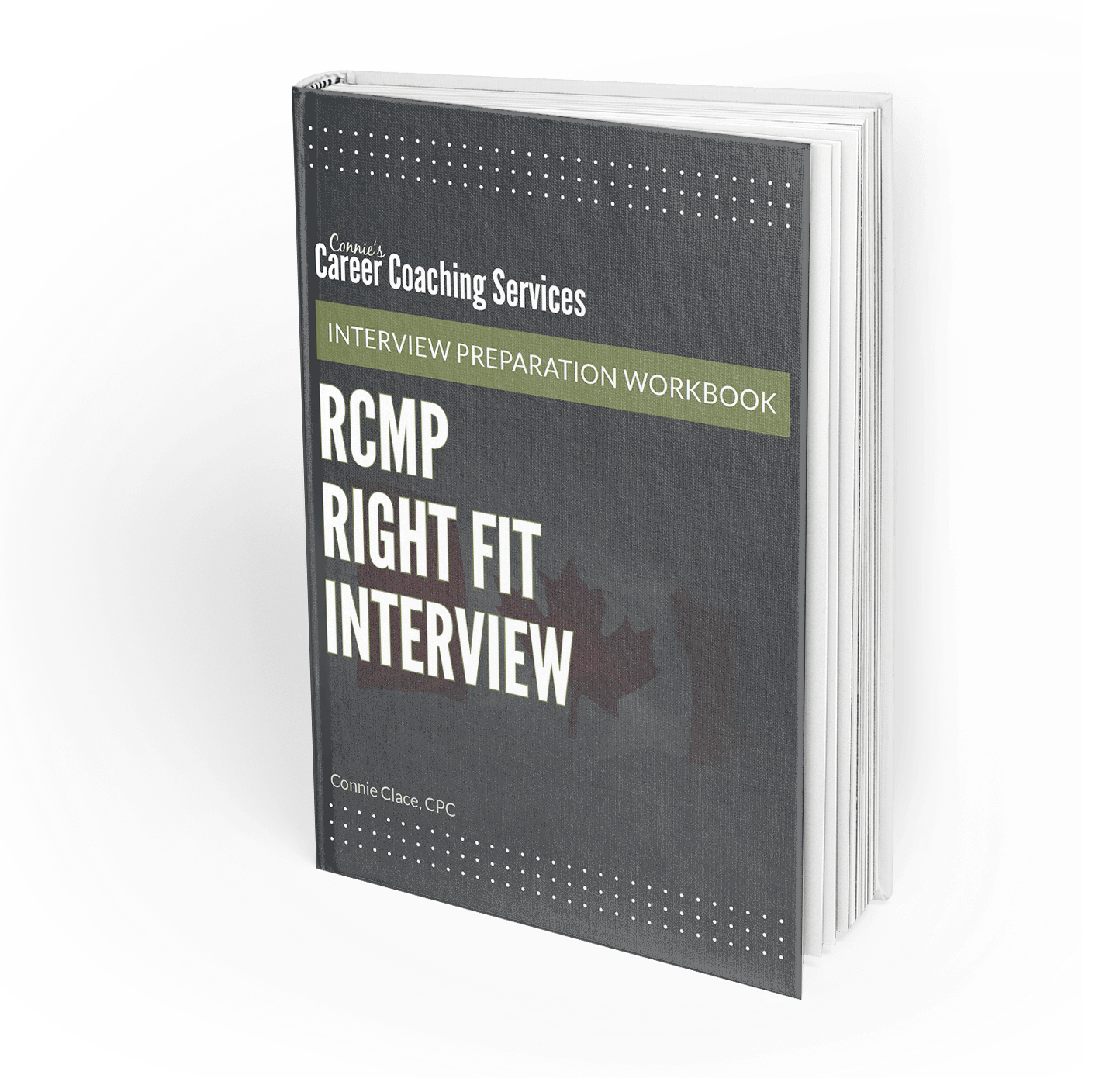RCMP Regular Member Suitability Interview – Self Control and Composure
I recently posted about the changes to the RCMP applicant process and that they modified the interview from the Right Fit Interview, which assessed eight competencies, to the Regular Member Suitability Interview (RMSI), which assesses four competencies, and combines the RMAQ as part of the process. I am continuing the break down of each of the four competencies in a series of posts, to help you with your preparation during this stage of the process. During this phase of the RMSI, which is called the Attribute Interview, you will be asked a behavioural question for each of the four competencies. We are going to focus on Self Control and Composure today. As I stated in my previous post, going through the RCMP Application Process and getting ready for the Interview can be one of the most challenging stages of the process, and one not to be taken lightly.
Taken from the RCMP Preparatory Guide for the RMSI, the definition for this competency is:
Keeps emotions under control and restrains negative actions when provoked or faced with opposition or hostility from others, or when working under increasing levels of stress. Maintains stamina and concentration under continuing stress. Refrains from acting on strong emotions such as anger. Is able to stay effective when faced with heavy or long-term stresses or challenges.
Self Control and Composure for Behavioural Based Questions
The behavioural question will target your past experiences that demonstrate that you have a strong ability and desire to remain positive and professional under extreme circumstances, and not allow yourself to escalate your emotions when provoked.
For example, you might be asked to tell about a time when you were faced with someone who was becoming aggressive toward you, or when you had to manage extremely heavy workloads under unusually high periods of stress.
When you are preparing for the interview, think about all of the situations where your coping skills were challenged, demonstrating that you maintained a level of calm, and remained positive throughout the situation. Try and think of examples where you were faced with an extreme situation, i.e. where someone was being unjustifiably angry or aggressive, or when you had way more on your plate than was the norm. Don’t just use everyday situations that are part of your regular routine. Think of times where your stress levels were really pushed to the max. Don’t forget, this doesn’t just have to be work related examples. You can use volunteer time, sporting events, or periods during your education. Prepare several stories that you can use during the interview that demonstrate that you have the ability to handle tough situations in a calm and professional manner. But choose stories where you actually dealt with the situation in a calm manner, not where you simply walked away.
Remember, when answering these questions, you will articulate your example using the S*T*A*R principle.
Situation
Task
Action
Result
As you can see, there is a lot to consider when focusing on this one competency. And as I continue to stress, you must be prepared. Have your examples ready and practice delivering them using S*T*A*R.
Do you know someone who is faced with this challenge? Feel free to share this post by using the share links at the top of this page. Also, if you’d like more interview tips, feel free to check out the interview resource page.


Leave a Reply